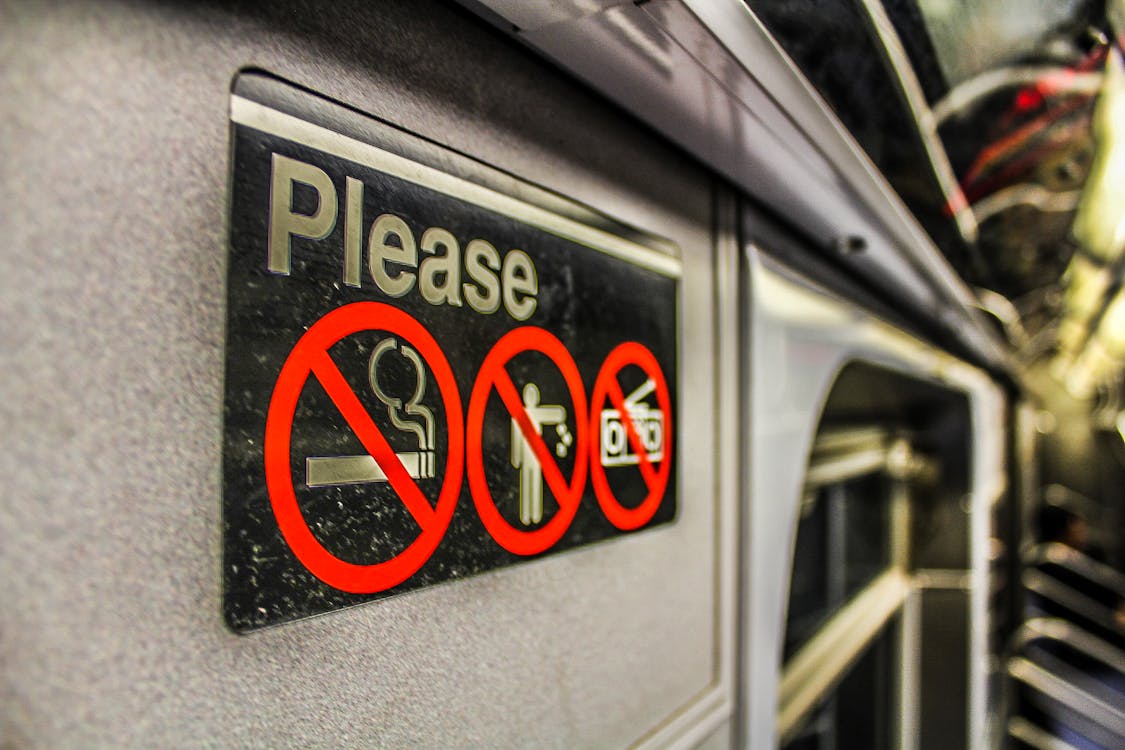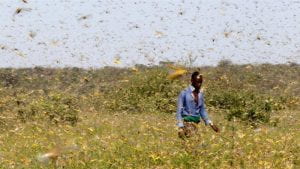Thibault Cancel recently wrote about the link between Covid-19 and obesity in the United States. He cited a CIA statistic from 2016 that 36% of the adult population was obese, compared to around just 4% in Japan. Thibault makes a great point about the rise of obesity and how it relates to the rise of processed foods, which have been marketed with various health claims. Claims based on nutrition buzzwords like “protein” and “whole grain,” among others.
Michael Pollan touches on this point in an article for the New York Review of Books. Citing the CDC, he notes the strongest predicting factors of those hospitalized with Covid-19: 49% had pre-existing hypertension, 48% were obese, and 28% had diabetes.

All are conditions we are predisposed to because of the standard Western diet of processed foods, large quantities of meat, and little fruit or veg. The food system in our country promotes the production of foods which, “are reliably supplying the supermarket shelves and drive-thrus with cheap and abundant calories, it is killing us—slowly in normal times, swiftly in times like these,” Pollan writes.

How many dollars and lives has it taken to get the PSA out on the toxicity of Tobacco products? When might we see a similar campaign to properly educate consumers about the foods we see every day on the supermarket shelf, or on that impulse-buy at the counter, which cause disease and increase the threat to viruses such as Covid-19.
It’s high time we address the elephant in the room; Not only do our food choices affect our health and happiness, they also are linked directly to inequities in our society. While I don’t expect everyone to have the resources to eat a healthy diet, we all have personal responsibility over our bodies, and it’s time we get them moving.
















